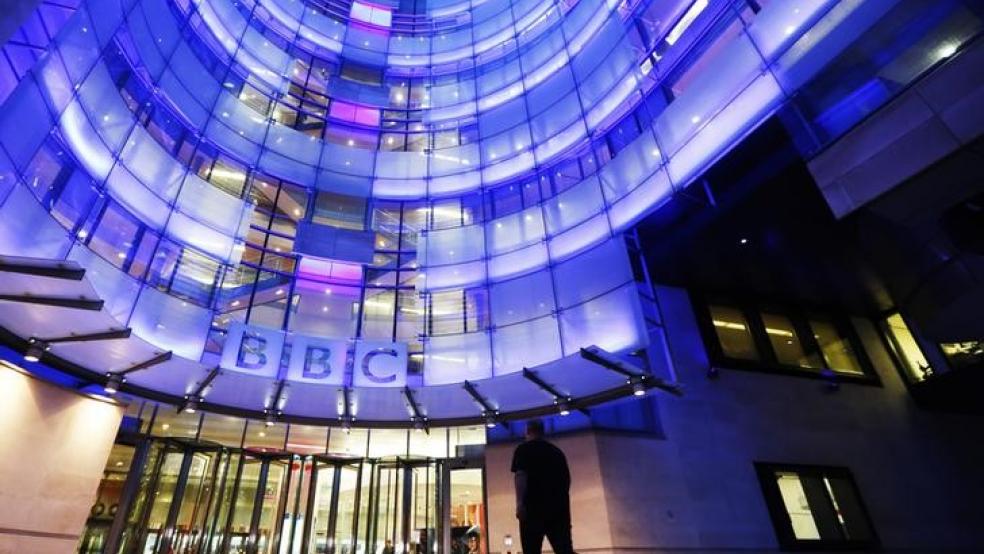LONDON (Reuters) - The BBC is failing to live up to its own editorial mission to report the truth by denying it has a problem with gender discrimination on pay, its former China editor Carrie Gracie told the British parliament's media committee on Wednesday.
Gracie quit her post earlier this month in protest at being paid far less than male peers, going public with her grievances to try to jolt the public broadcaster into addressing unequal pay. During more than two hours of emotional evidence, Gracie told the committee that women at every level of the BBC were under-valued, accusing managers of belittling women's work in their efforts to avoid admitting gender bias."Our business is truth," she told the lawmakers. "If we're not prepared to look at ourselves honestly, how can we be trusted to look at anything else in our reporting honestly?"Gracie's revolt laid bare tensions that had been simmering within the BBC since it was forced last July to name its best paid on-air staff and disclose their pay bands, revealing that two-thirds of them were men of whom several were far better paid than female peers. Funded by a license fee levied on TV viewers and reaching 95 percent of British adults every week through its many outlets, the BBC is a pillar of national life. The pay controversy has been a major news story in Britain.BBC managers deny there is systemic gender discrimination on pay at the corporation. Director-General Tony Hall, appearing before the media committee just after Gracie, said the BBC would introduce pay transparency so that staff would know what pay levels were for different jobs and where they sat within pay bands."AS WELL AS ANY MAN"Gracie, 55, who has reported on China for three decades and speaks fluent Mandarin, said that during a protracted grievance procedure the BBC sought to justify her pay being lower than that of male peers by saying she was "in development".She described that as an insult.Gracie said that when she took on the job of China editor in late 2013 she was given assurances that she would be paid equally to men in equivalent roles."I knew I would do the job at least as well as any man," she said.But last July she discovered that she was in fact paid significantly less than her two direct male counterparts.Gracie told the lawmakers she had been offered a hefty pay rise but had turned it down because her fight was not about money, it was about ensuring the BBC changed its practices and delivered equal pay for equal work for all men and women."All I want is for them to say 'we value your work in China equally with your male peers,'" she said.She added that having spent much of her career standing up to censorship, harassment and intimidation by the Chinese state, she could not live with herself if she did not stand up for the truth within the BBC."The profoundest sense I have of who I am as a BBC journalist is to report the truth as I find it. If they don't report the truth how can we?" she said. (Editing by Stephen Addison)'Our business is truth' - China editor tells BBC to open up on women's pay

LUKE MACGREGOR



